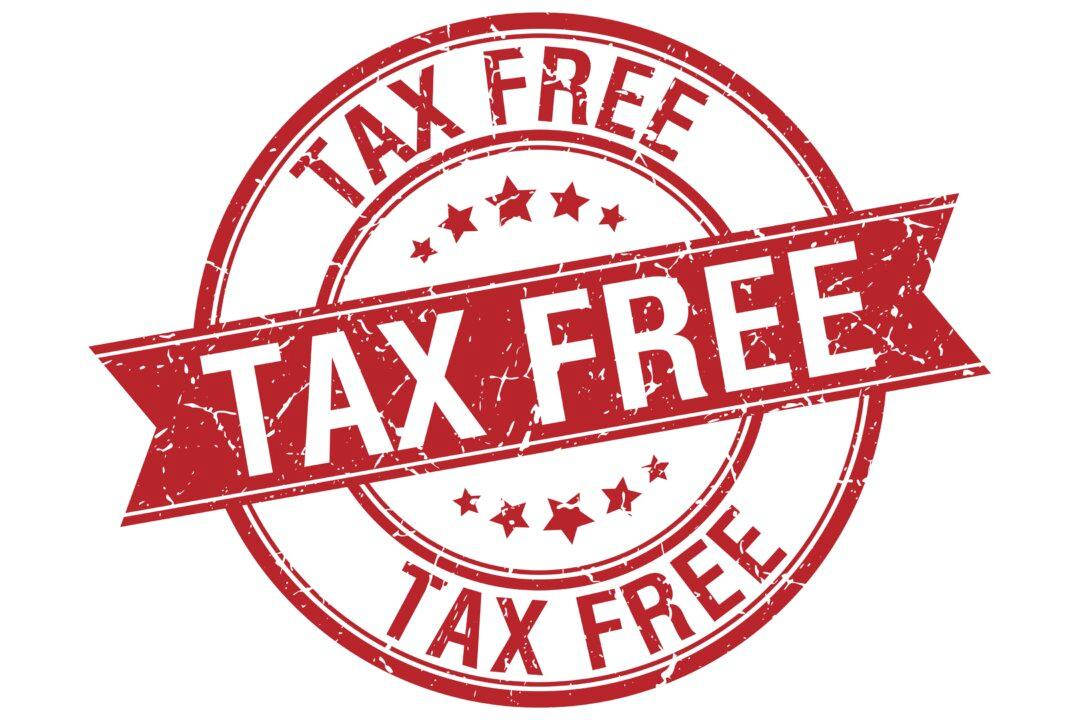For those who want to avoid paying Uncle Sam his dues (taxes) in whatever legal and reasonable way possible, a 1031 exchange could be an attractive option. Should you also own investment properties, particularly ones likely to beget a hefty profit (and subsequent tax bill), a 1031 exchange could be an imperative tool in your transactions.
Defining a 1031 Exchange
Named after section 1031 of the United States Internal Revenue Code (IRC), the 1031 exchange is a method used to postpone any capital gains taxes on the sale of a property (business or investment). Often referred to as a “like-kind” exchange, it is made possible by using the proceeds to buy a similar property.Be aware that 1031 exchanges are reserved for business and investment properties only, not personal property. Property reserved for personal use, such as your home or a vacation home, is not eligible.
Reasons to Consider a 1031 Exchange
As an investor, there are many reasons why a 1031 exchange may be attractive.- You may have found a property that you believe has a good chance of returning a profit.
- You wish to diversify your assets.
- You are consolidating several properties into one under the pretense of estate planning, or dividing a single property into several assets.
- Turning back the depreciation clock, you elect for tax deferral rather than sell a property and then buy another property, which allows more capital to be used for investment in the new property.





